Afreeca Freecs were down 0-1 against LW Red. Their star DPS player Jeong “Arhan” Weon-Hyeop was fresh off a disappointing performance on Ilios piloting Doomfist. As the battle for King’s Row began, Arhan was determined to prove his own strength on the new hero.
In less than 30 seconds, Arhan forced the enemy Winston off the front line three times and assassinated the opposing Lucio. The crushing opening fight snowballed into one of the most impressive attacks in Overwatch history.
The kind of brutal disruption Doomfist provides and the emerging Reinhardt-centric compositions are proving to be a challenge to the established dive meta.
A challenge that Doomfist is winning.
The successor
Would Doomfist be strong? The question was short lived. Almost immediately after professional players got the chance to experiment with his kit it became clear he would be a staple pick in professional play. His combination of mobility, crowd control, and raw damage are staggering. And when used properly, his kit excels at counteracting cornerstones of the standard dive compositions.
Rocket Punch is easily the most versatile ability in his kit. Just one ability gives Doomfist the second furthest movement ability in the game, enough damage to one-shot most characters, and provides a knockback effect similar to Lucio’s boop.
A textbook maneuver in Winston’s playbook is engaging and stalling with his jump pack—flying high into the air to either cover the distance between him and his enemies or to avoid enemy fire. Winston’s mobility is a central aspect of his kit. These maneuvers, while effective in the past, are clearly telegraphed and now can be punished by Doomfist.
As Winston comes back down to Earth, Doomfist can simply charge his Rocket Fist, which is nearly always up due to its four-second cooldown, and aim for Winston’s landing point. This can accomplish one of two things. Either Doomfist can properly line up the angle and hurl Winston into a wall dealing 250 damage, or just punch the Winston for 100 damage and knock him back over 10 yards.
Neither outcome is bad for Doomfist and his allies. On tighter maps like King’s Row, Doomfist can instantly remove half of the enemy Winston’s life. On maps like Volskaya and Numbani, he can push the enemy off the high ground around the first points to protect his supports and maintain map control.
Beyond peeling Winston off his team, Rocket Punch can also be used aggressively. With a range nearly as long as D.Va’s flight, Doomfist can easily access enemy backlines and one-shot supports. After finding a free kill he can, with a simple Rising Uppercut into Seismic Slam combination, fly back to the safety of his allies, only to be ready to perform the whole process again in just a few seconds.
That isn’t to say that his other two abilities are only useful for fleeing. Both Rising Uppercut and Seismic Slam bring their own crowd control to the table. Doomfist’s uppercut lifts both him and one foe several meters into the air. If properly coordinated this means Doomfist can ensure the enemy Reinhardt or D.Va are too high to block a critical ability such as McCree’s Deadeye.
Meanwhile Seismic Slam let’s Doomfist pull a cone of enemies toward him. Meaning he can either engage with this ability setting up his allies, or pull foes away from his vulnerable backline giving them precious seconds.
But what makes all of his abilities so valuable is that they are all melee, meaning there are no projectiles being fired that can be absorbed by D.Va’s Defense Matrix. Traditionally, we see D.Va players follow their Winston as they engage to absorb incoming damage and block crowd control abilities like Sleep Dart and Flashbang. And when dove upon support players have been able to rely on their allied D.Va to shield them from Tracer’s pistols. But Doomfist is not concerned with D.Va.
Doomfist’s ability to so effectivly counteract the tank line of a standard dive composition completely removes its tempo. The dive team is now forced to kite backwards while waiting for cooldowns, and crossing their fingers to not be demolished by Doomfist. This threat had to be dealt with, and many professional teams are doing so by bringing back the old standard.
The old is new again
Once upon a time Reinhardt and Zarya formed the core of a slower metagame. While still map dependant, both are seeing a return in play due to their effectiveness playing with and against Doomfist. Especially in the case of Zarya who is also selected as a tech choice in dive compositions.
For all the wonderful things Reinhardt and Zarya can offer a team composition, they are still relatively low-mobility heroes. They cannot rotate between highgrounds quickly or pressure backlines themselves. This means on maps such as Route 66 or Numbani, having a Winston and D.Va makes sense due to their ability to continually contribute. On a more enclosed map like King’s Row, however, the duo of Reinhardt and Zarya very effectively set up Doomfist to succeed.
Where Winston and D.Va excel at reaching enemy backlines and creating a distraction, Reinhardt and Zarya excel at slowly advancing and corralling their foes. The wall they form at the front of a composition is difficult to break. Dive compositions cannot hold their ground against it and are forced to back away.
In the past the team playing dive would simply jump over the low mobility frontline and attack the backline first. Now with Doomfist in the mix, however, that is a less attractive option. Instead, as we saw Afreeca Blue do, the team playing Reinhardt slowly backs the enemy into a corner where Doomfist can line up his foes with walls in order to pick off key targets.
Zarya’s patterns are very similar to how they were in metas past. She can shield her Reinhardt as he drops his own barrier in order to build her charge and give Rein the chance to recharge in safety. And instead of shielding Genji when he dives forward, Zaryas now find themselves shielding the Doomfist to ensure his safety.
But another critical reason Zarya is run is that she keeps her main tank from being damaged by Doomfist. Both Winston and Reinhardt are vulnerable to Doomfist’s Rocket Punch and Rising Uppercut displacment effects, even under the effects of Zarya’s shield. But she affords them the benefit of not being immediately hit for half of their health.
Beyond stylistic synergies, Doomfist can enable and follow-up on both Reinhardt and Zarya’s ultimates to form powerful team-wiping combos. With either Rocket Punch or Rising Uppercut, Doomfist can move the enemy Reinhardt or D.Va out of position to allow Earthshatter or Graviton Surge to connect with as many foes as possible. Then Doomfist can use his own ultimate, Meteor Strike, to execute the immobilized players.
Perhaps the most interesting outcome of Doomfist’s resurgence, however, is that it appears to be ushering in a new era for our favorite gunslinger.
The old, the successor, and the cowboy
McCree had already been making a resurgence in popularity. His flashbang added another tool for teams to deal with flanking Tracers and we were privileged to once again witness the capabilities of a world-class McCree player.
But his full resurgence into the meta was hindered, as McCree was still vulnerable to dives from Winston and D.Va. And when he naturally tumbled away, it left him out of position and vulnerable to fire from an opposing Soldier 76 or Tracer. But in the new Reinhardt, Zarya, Doomfist composition he has proven to be an excellent DPS partner for Doomfist while his allies cover his vulnerabilities.
McCree’s kit covers one of Doomfist’s primary weaknesses: his lack of ranged damage. Having a McCree—traditionally one of the premiere hitscan heroes in Overwatch—in the composition discourages the enemy from picking Pharah to counter Doomfist.
In addition, as we head into an era with ever increasing amounts of Doomfist play, McCree possesses extra tools to counter Doomfist. Compared to Soldier 76’s Spring, McCree’s Combat Roll is a significant, quicker boost of movement. That means he has more leeway to react Doomfist’s abilties that have realativly short animations. Surviving Doomfist is one thing, but killing him outright is a better option. That’s where Flashbang comes in.
Unlike abilities like Roadhog’s hook or Reinhardt’s charge, Flashbang is nearly instant. That means it’s able to land on Doomfist in the brief moment he is vulnerable after using Rocket Punch. The Flashbang and a following headshot from McCree remove over half of Doomfist’s health alone. With a professional team surrounding the McCree, the stun can be enough time to focus fire and take him Doomfist.
When Doomfist is instead allied with McCree he possess the tools to peel enemies away from the cowboy. On top of the protections Doomfist affords, he is another more immediate threat for the enemies that must be dealt with. This distraction, combined with Luico’s ability to knock back incoming foes and the massive safe area Reinhardt creates behind him, means that McCree is given ample time and space to line up headshot after headshot.
And if the enemy is absolutely determined to deal with McCree first, he can still rely on his Flashbang, a shield from his allied Zarya, and with increasing frequency he may be able to count on a Sleep Dart from a friendly Ana.
Versatility is king
A former powerhouse of the meta, Ana has taken a backseat to Zenyatta lately as the premiere offensive support. The high tempo dive metagame often called for Discord Orb to enable Soldier 76 and Tracers to shred the enemy tanks. With the return to a slower composition, however, Ana is finding her place again.
Giving up Discord Orb is certainly a heartbreaker. But the purpose of Discord Orb is to lower the amount of time it takes to kill a target. In the new composition, however, the time required to kill a target is shockingly low. McCree only has to chain a couple of good shots or Doomfist hit a properly aimed Rocket Punch and you’ve already found a kill. With the high burst damage of this DPS pairing the pain of losing Discord Orb is felt a bit less.
The raw healing output of Ana is one area where she massively outpaces Zenyatta. Orb of Harmony is dwarfed by her rifle while Biotic Grenade provides excellent burst healing without having to use an ultimate. This sort of massive healing output is critical when playing Reinhardt and Zarya, two tanks who stand in the frontline and intentionally get hit as much as possible.
But where Ana’s resurgence in this composition becomes interesting is when you realize that Nano Boost allows you to pivot the focus of the composition mid-fight. Nano Boost allows either of the tanks to become your damage carry, and charges their fight-ending ultimates quicker. And on either DPS hero it adds that extra punch while the damage reduction makes them harder to focus.
With Ana teched into the new-age composition, she opens up the chance for a wider range of carry players, allowing teams to work with whatever ultimates they have ready heading into any given fight.
Moving Forward
Doomfist and this new age composition are excelling in the current meta. They possess all the tools to counteract the old standard dive while still being flexible enough to adapt to all situations with a few hero substitutions.
Even on the incoming patch, this composition looks strong. D.Va is only going to be worse at blocking Graviton Surge and McCree’s damage. And while PharMercy is a notable counter to Doomfist, and is going to be stronger due to the Mercy changes, the addition of both McCree and Ana provides plenty of threat to pressure them out of the skies.
Doomfist’s place looks secure for the forseeable future, and he has certainly proved his point: “Only through conflict do we evolve.”



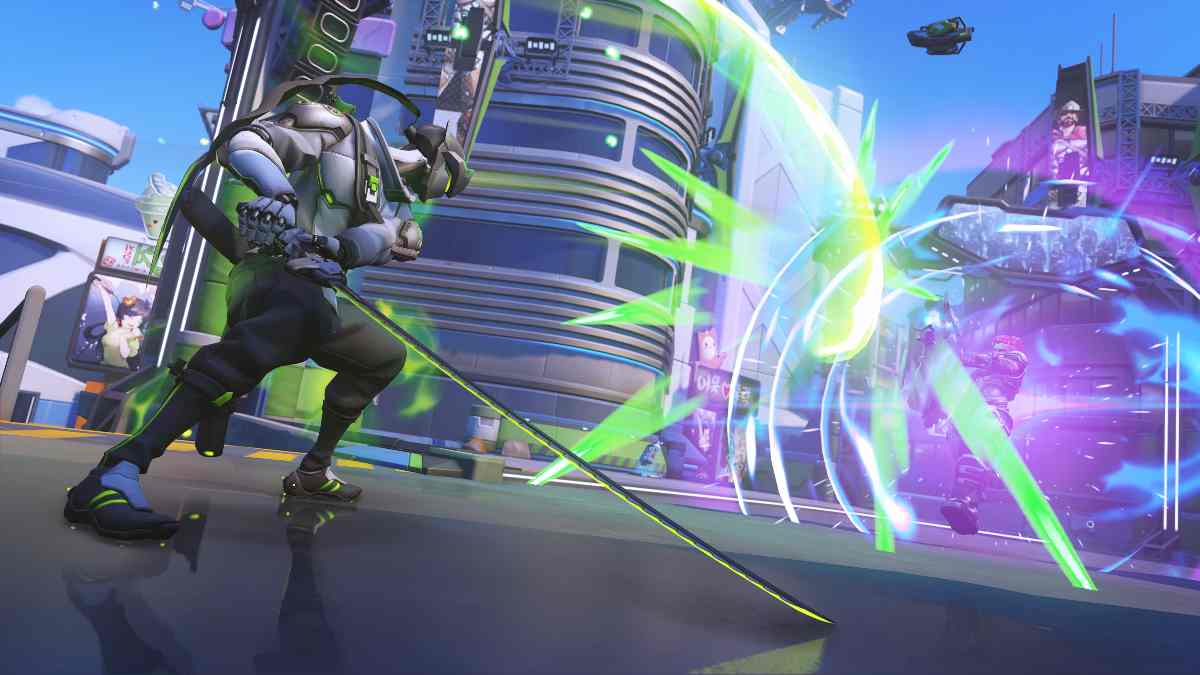
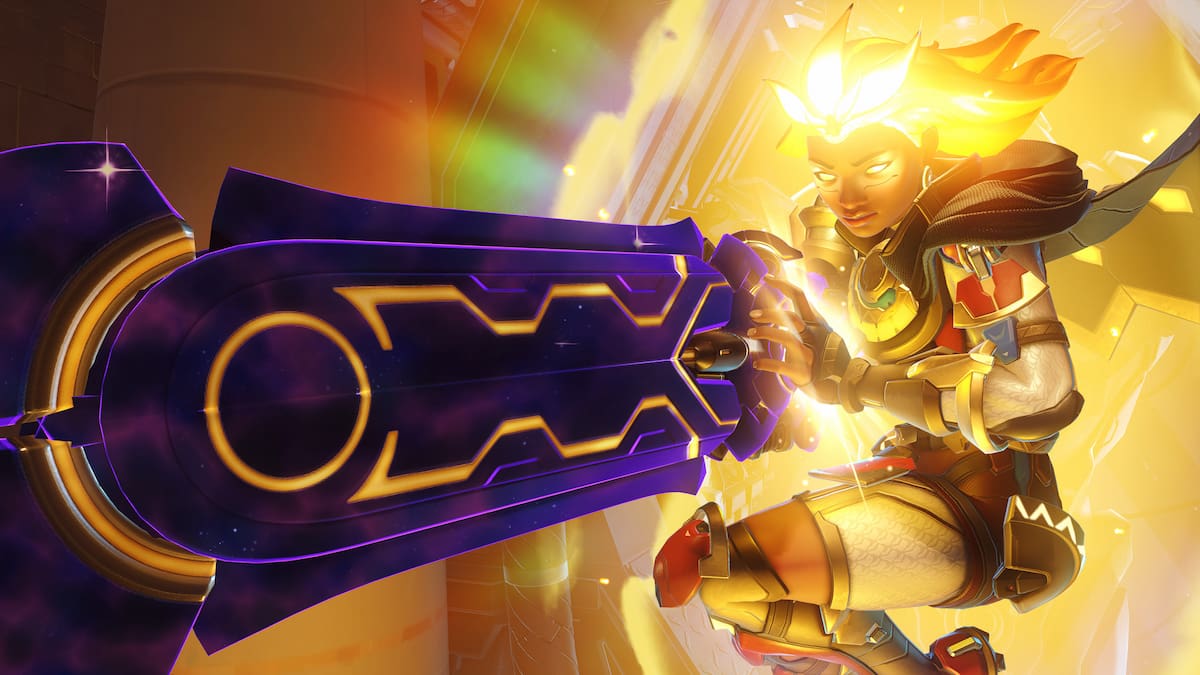
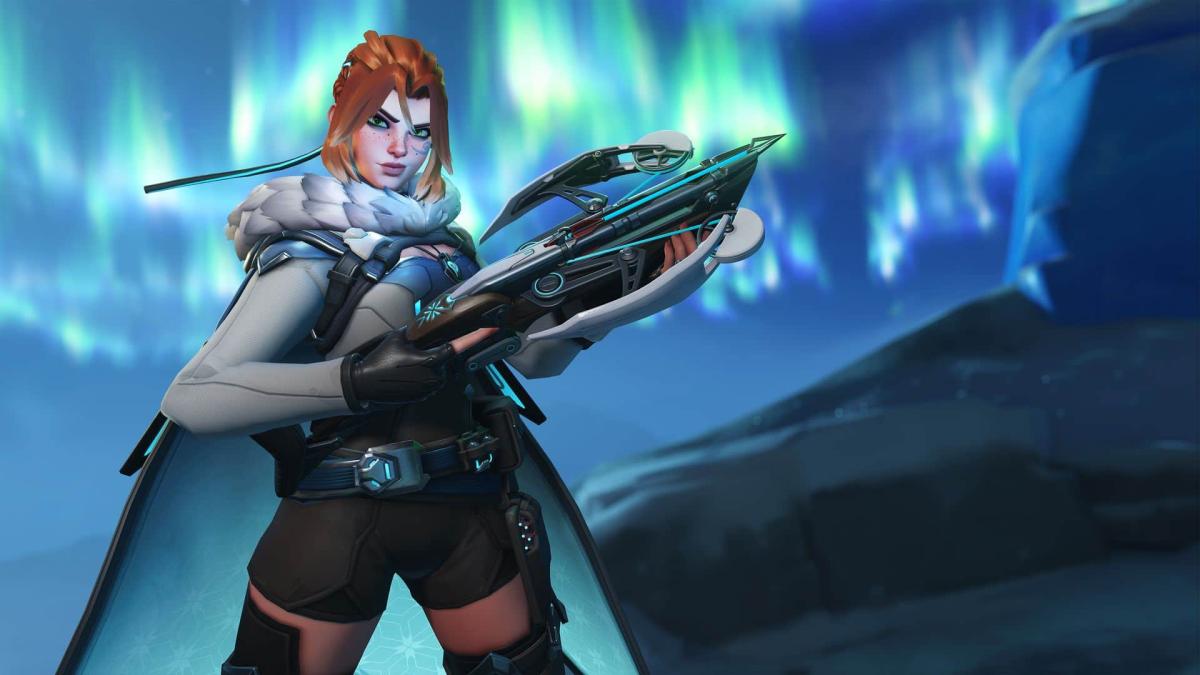

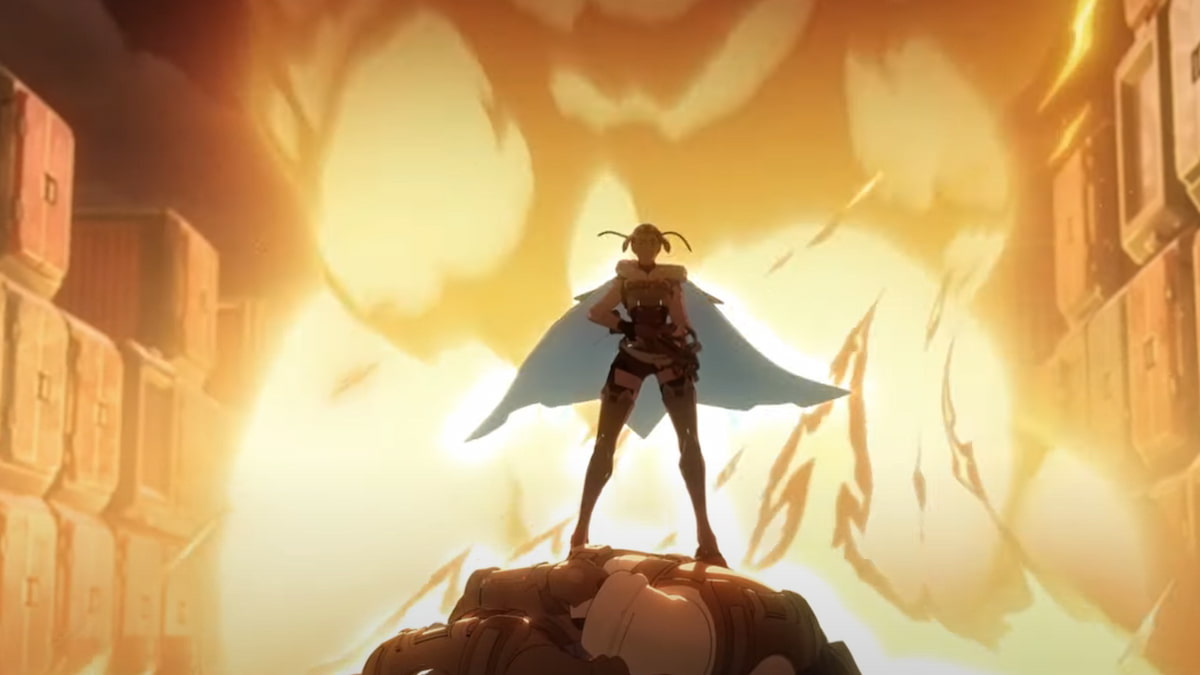
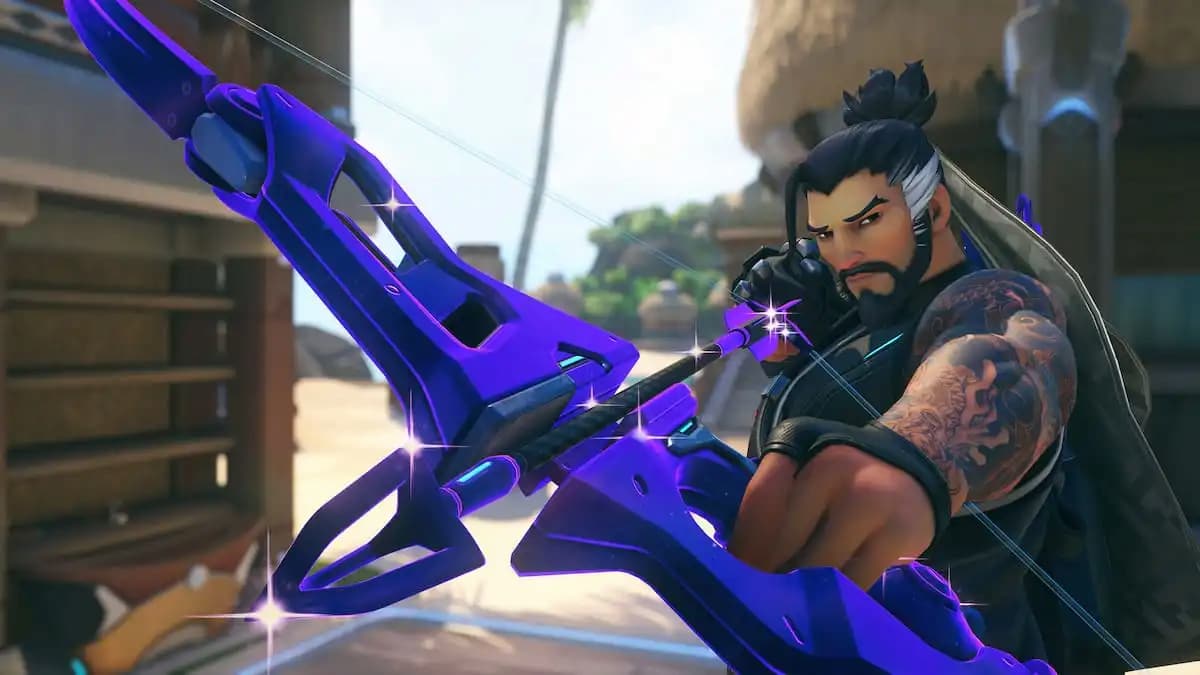
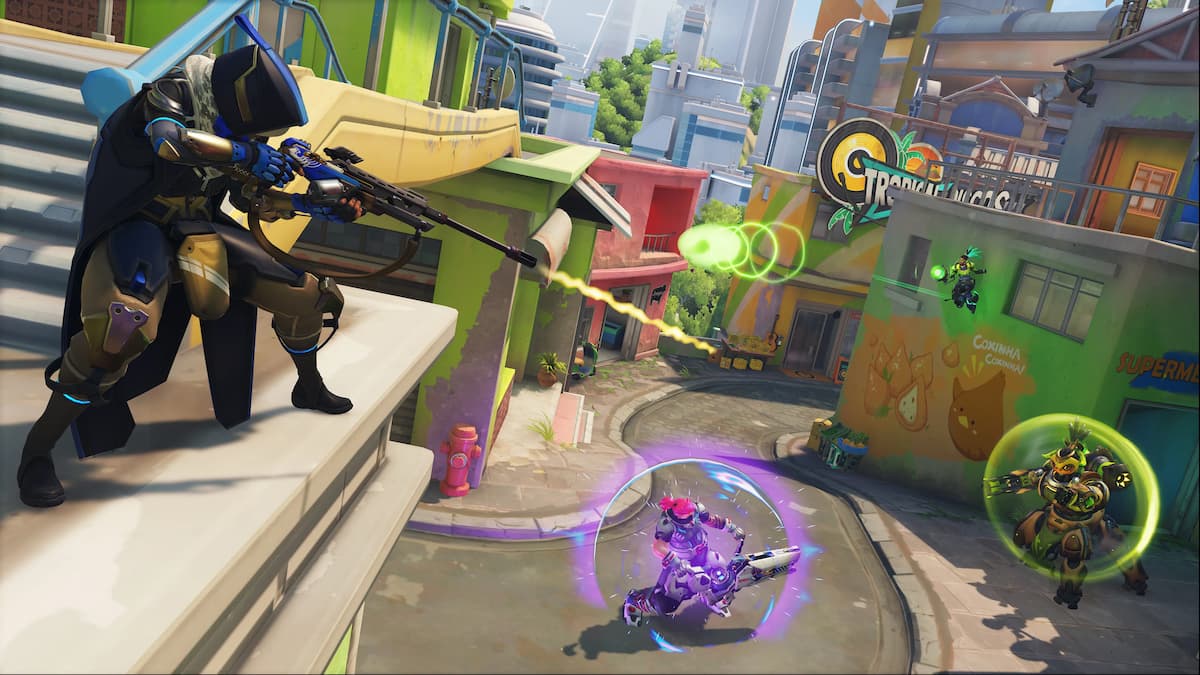
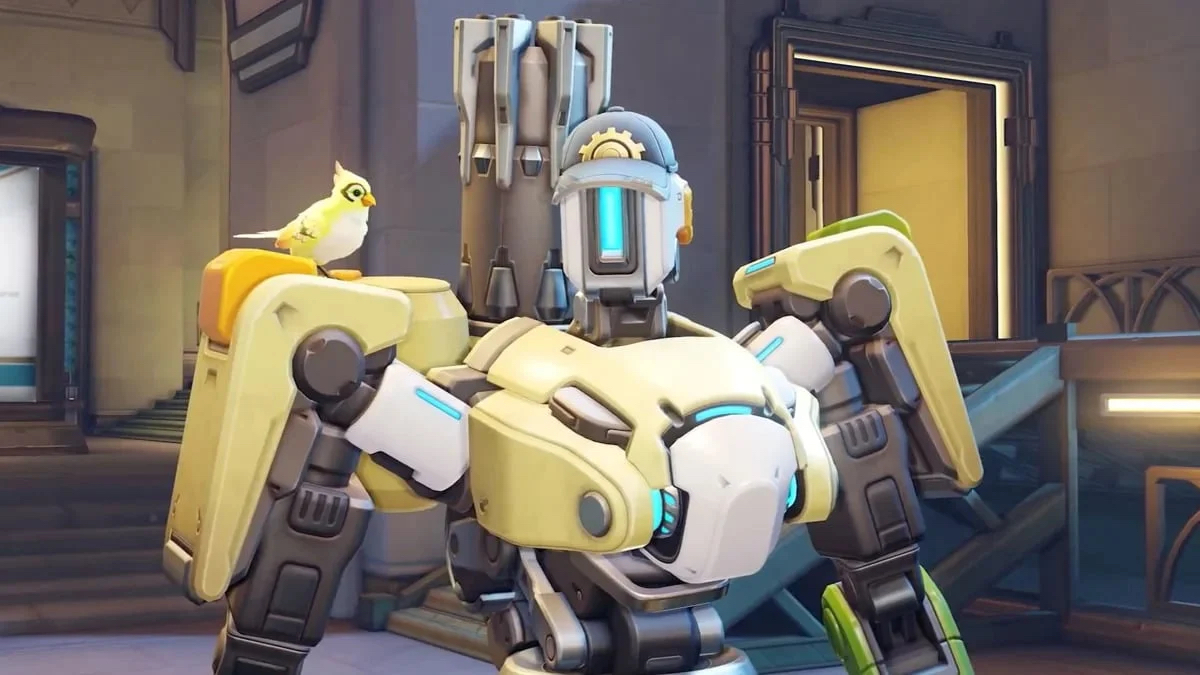
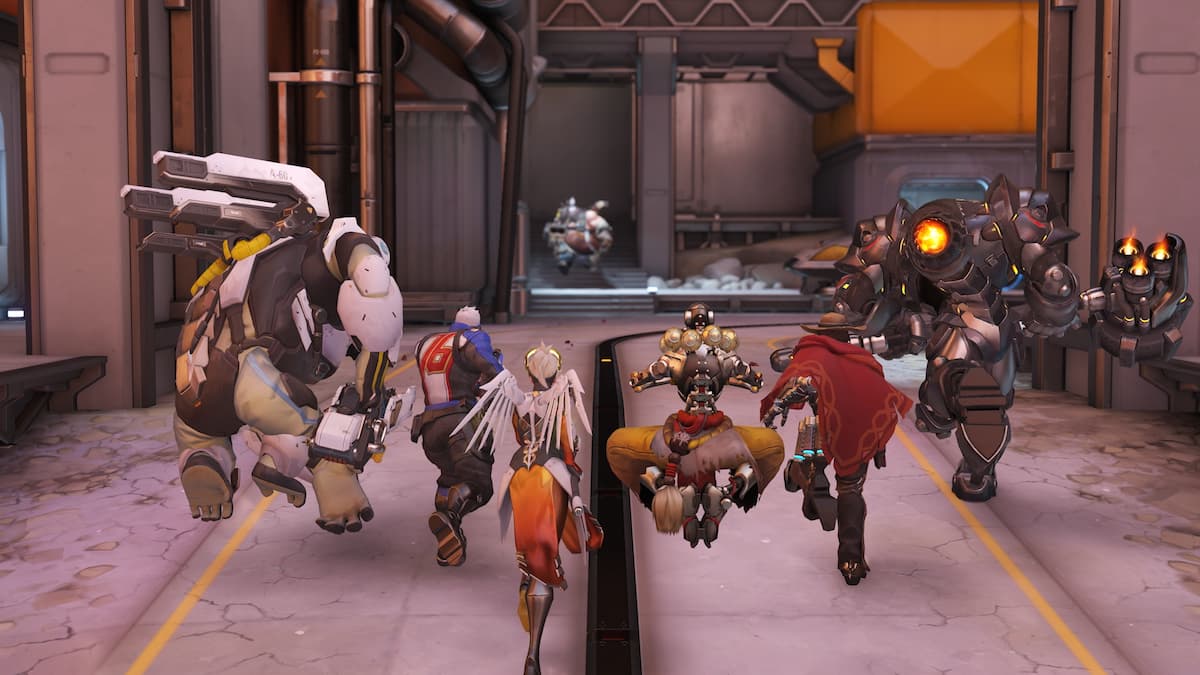
Published: Aug 30, 2017 11:25 am